Don't ignore symptoms like coughing, wheezing or shortness of breath, warns Dr Sandeep Tilve.
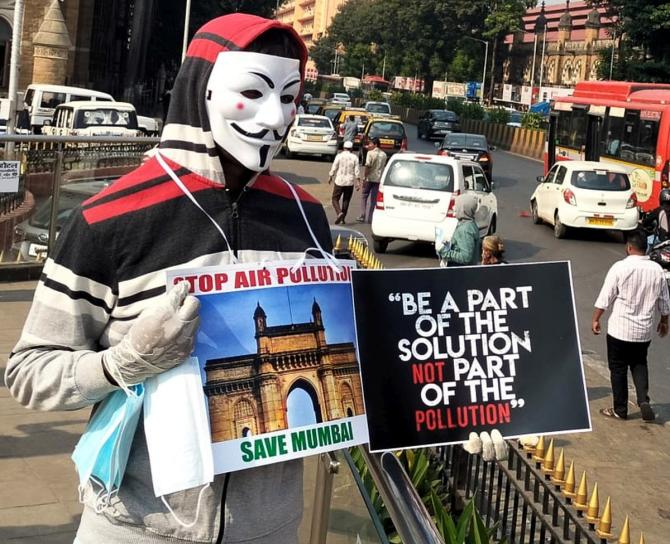
With pollution levels rising in the country, people living in cities like Delhi and Mumbai are struggling to breathe as they step out for work and daily chores.
While Delhi has introduced stringent curbs, including a ban on the entry of polluting trucks, unfavourable wind conditions and farm fires continue to make things worse for children and senior citizens.
Due the spurt in construction in the Mumbai, the nation's financial capital is also grappling with increasingly polluted air.
On October 6, the Maharashtra health department issued an advisory asking people not to step out for morning and late evening walks and running, jogging and physical exercise outdoors when the AQI turns 'poor to severe'.
Poor air quality and increasing pollution is not only affecting the environment but also the overall quality of life.
So what happens to your body when you live in a polluted city?
- Health-related questions? Ask rediff's Health Gurus HERE.
1. Respiratory Problems
There is an increase in the number of individuals suffering from respiratory issues like shortness of breath, coughing, wheezing, asthma episodes and chest pain.
Air pollutants such as benzene and formaldehyde are associated with an increased risk of developing cancer, particularly lung cancer.
2. Cardiovascular Issues
Air pollution is not only harmful to the lungs; it also poses a significant risk to the cardiovascular system.
This can lead to increased blood pressure, heart attacks and strokes.
Long-term exposure can result in the development of chronic cardiovascular diseases.
3. Weakened Immune System
Pollution weakens the immune system's ability to fight infections and diseases.
This means that individuals exposed to higher pollution levels may be more susceptible to illnesses.
4. Allergies and Skin Conditions
Pollutants can also irritate the skin and worsen pre-existing dermatological issues.
5. Cognitive Impairments
Emerging research suggests that air pollution may affect cognitive function, including response time and the ability to focus.
It increases the risk of neurodegenerative diseases.
It may also lead to memory and learning problems.
6. Low Birth Weight and Developmental Issues
Pregnant women exposed to high levels of air pollution may give birth to infants with lower birth weights.
Additionally, exposure to air pollution during early childhood may result in developmental issues.
7. Gastrointestinal Issues
City sewage and industrial waste discharge are the major reasons for water contamination.
Contaminants like heavy metals, bacteria and chemicals can be harmful if ingested, leading to gastrointestinal problems.
Given the severe health risks associated with rising pollution levels, it's crucial to take steps to protect yourself and your loved ones when stepping outside.
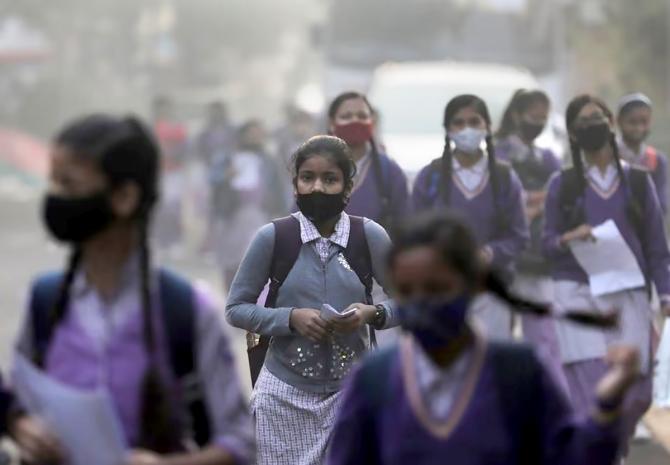
Here are some dos and don'ts to help you navigate this challenging situation:
What can you do?
1. Limit outdoor activities on high pollution days
If air quality is poor, try to reduce outdoor activities, especially strenuous exercises and jogging/cycling in parks to minimise exposure.
2. Wear masks
It is recommended to wear an anti-pollution mask (like N95, N99) to safeguard oneself from air pollutants.
3. Ventilate indoors
Ensure good indoor ventilation by opening windows and doors when outdoor air quality is better.
Avoid using products that emit indoor pollutants.
You can try and improve indoor air quality by changing AC filters periodically, using cooking vents and keeping your rugs and carpets clean.
4. Stay hydrated and maintain a healthy diet
Drinking plenty of water and consuming a diet rich in antioxidants can help your body combat the effects of pollution.
A diet high in antioxidants may reduce the risk of many diseases, including heart diseases and certain cancers.
5. Regular exercise
Regular physical activity helps improve lung function and overall health.
However, choose indoor exercise options on days with poor outdoor air quality.
6. Regular check-ups
Health check-ups at regular intervals help prevent diseases even when you are feeling well.
This is especially true for lung diseases which sometimes go undetected until they become serious.
7. Reduce energy consumption
Lower your carbon footprint by reducing energy consumption. This will help decrease the emission of greenhouse gases that contribute to pollution.
What to avoid in order to stay healthy
1. Avoid smoking indoors
Smoking indoors can seriously harm the quality of the air you breathe inside your home.
Do not smoke in closed or poorly ventilated places.
In fact, this might be a good reason for you to find ways to quit smoking for good.
2. Do not engage in outdoor activities near high-traffic areas
Try to avoid doing outdoor activities like jogging or playing near busy roads as roadside areas often contain more pollution.
3. Do not burn solid waste
When you burn trash, it releases harmful elements into the air.
Instead, switch to a professional and ethical waste disposal system.
4. Do not skip medications
If you have a respiratory condition, it's important to stick to your doctor's prescribed medication and treatment plan even when you're feeling okay.
5. Do not ignore symptoms
Don't ignore symptoms like coughing, wheezing or shortness of breath.
They could be early signs of health problems related to pollution.
It's important to see a healthcare professional under these circumstances.
6. Do not expose children unnecessarily to elements
Kids are more sensitive to pollution.
On days with poor air quality, try to keep them indoors to protect their health.
By staying well-informed, making safe choices and being mindful, you can reduce your exposure to pollution and protect your and your loved one's health.
- Health-related questions? Ask rediff's Health Gurus HERE.
Dr Sandeep Tilve is consultant, pulmonary medicine, at SRV Hospitals, Mumbai.
Disclaimer: All content and media herein is written and published online for informational purposes only. It is not a substitute for professional medical advice. It should not be relied on as your only source for advice.
Please always seek the guidance of your doctor or a qualified health professional with any questions you may have regarding your health or a medical condition. Do not ever disregard the advice of a medical professional, or delay in seeking it because of something you have read herein.
If you believe you may have a medical or mental health emergency, please call your doctor, go to the nearest hospital, or call emergency services or emergency helplines immediately. If you choose to rely on any information provided herein, you do so solely at your own risk.
Opinions expressed herein cannot necessarily provide advice to fit the exact specifics of the issues of the person requesting advice.
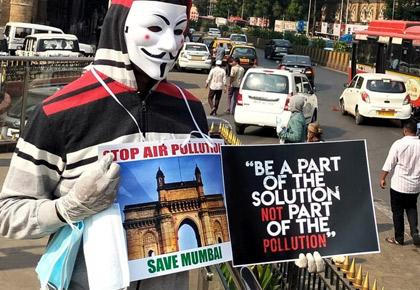

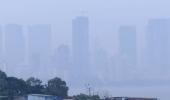
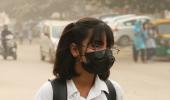








 © 2025
© 2025